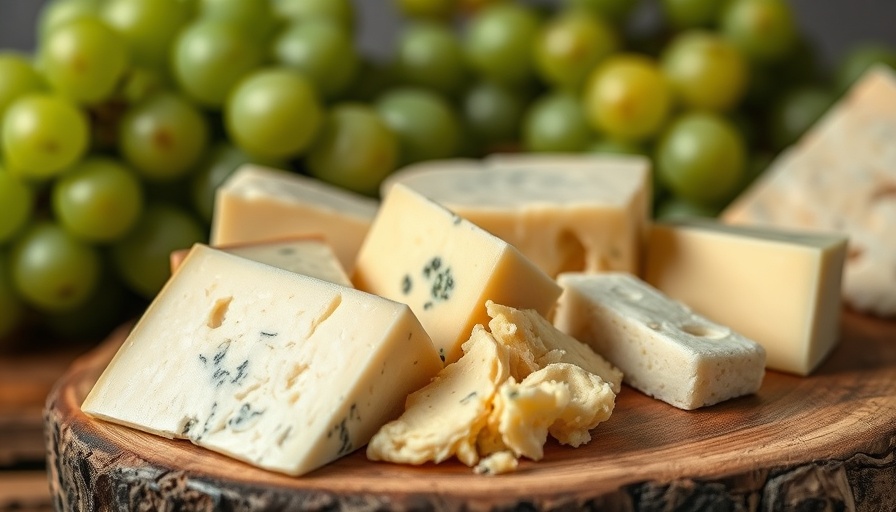
The Rich Nutritional Profile of Mango
Mango, often hailed as the king of fruits, is not just a summer delight but a powerhouse of nutrients. According to the USDA, one serving of mango contains approximately 68 calories, 0.6 grams of protein, and a wealth of essential vitamins and minerals. With over 60% of your daily vitamin C needs met in a cup, this tropical treat contributes significantly to overall health.
Health Benefits of Mango: A Closer Look
The benefits of adding mango to your diet are compelling:
- A boost to your immune system thanks to its high vitamin C content.
- Support for digestion, thanks to both its fiber content and unique enzymes like amylase.
- Protection against chronic diseases due to its polyphenols, which help combat inflammation.
- Hydration and potential blood-pressure regulation, making it an ideal snack post-exercise.
- Provision of vital vitamins and minerals like copper and folate associated with energy production and nervous system health.
Incorporating mango into your diet isn't just a tasty indulgence; it's a strategic move towards better health.
How to Enjoy Mango Responsibly
Mango can be savored in various ways—from blending it into smoothies to adding it to salads or salsas. However, moderation is key; while it's nutritious, excessive sugar intake can pose challenges for blood sugar management, particularly for those with diabetes. Balancing mango with other food groups ensures you reap its health rewards without overdoing the sweet stuff.
 Add Row
Add Row  Add
Add 




Write A Comment